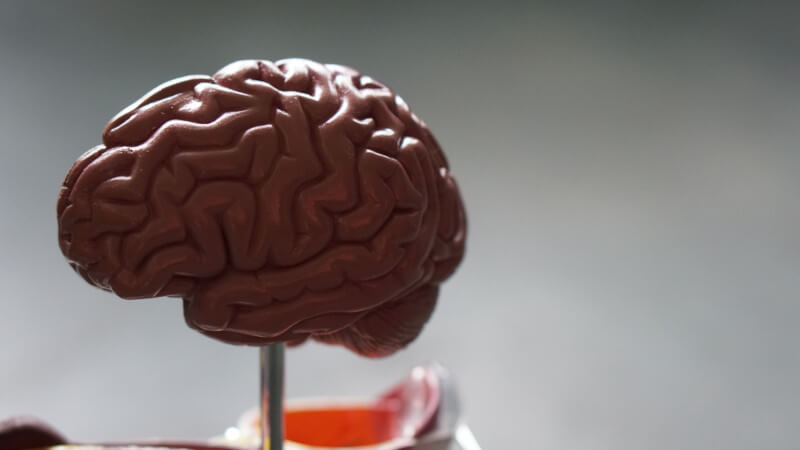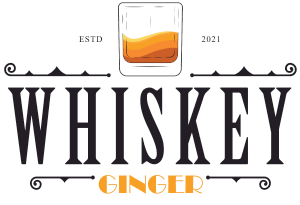In the ever-evolving dialogue surrounding spirits and their effects on the human body, a recurrent question that echoes in the corridors of spirited discussions is whether tequila acts as a stimulant or a depressant. The multifaceted world of tequila, derived from the blue agave plant predominantly found in the Jalisco region of Mexico, extends an invitation to scrutinize this query from a detailed perspective grounded in scientific foundations and experiential observations.
Production Pipeline and the Chemical Anatomy
Tequila owes its birth to a rich tradition wherein the heart of the blue agave plant, also known as piñas, undergoes a process of harvesting, roasting, fermentation, and distillation. This ritual of transformation sees the concentration of sugars, predominantly fructose, which when fermented gives rise to ethanol, a type of alcohol found in all spirits.
Ethanol, universally present in alcoholic beverages, plays a central role in influencing the human nervous system. Classified as a depressant, it exhibits the propensity to slow down the brain’s function, impairing the intricate wiring of cognitive and physiological processes. This slowing down effect casts a shadow of relaxation, a perceived calm, which often sways individuals to identify spirits, including tequila, as downers.
It’s Distinctive Features
Tequila brings to the table an exclusive engagement with the taste receptors through its unique flavor profile marked with sweet, herbaceous, and sometimes smoky notes, enticing a symphony of reactions in the human body. Some experts assert that the invigorating quality of tequila can stir an uptick in energy levels, giving rise to a perceived stimulating effect, hence nurturing the narrative of tequila being an upper.
The scientific terrain paints a picture grounded in the central role played by ethanol. However, it is also pertinent to note the role played by congeners, the byproducts of the fermentation process that contribute to the beverage’s taste, smell, and effect on the human body. The presence of these compounds can sometimes induce a subjective feeling of upliftment, carving out a space for the argument in favor of tequila acting as an upper.
The Dual Role of Physiological Responses

The duality in the response towards tequila can be attributed to the initial stimulant effects seen at the onset of consumption. This phase sees an upliftment characterized by a surge in dopamine production, a neurotransmitter associated with pleasure and reward, giving a fleeting impression of tequila being an upper.
The depressant effects of ethanol take center stage, bringing in a phase of downregulation of the central nervous system. It is here that one witness slowed-down responses, decreased alertness, and a dampened mood, tilting the balance towards tequila being perceived as a downer.
Pros and Cons of Tequila Being an Upper
Pros:
- Initial Euphoria: Many people enjoy the initial feeling of euphoria and heightened mood that can come with moderate alcohol consumption, due to the transient increase in dopamine levels.
- Social Lubricant: In social settings, tequila’s stimulant effects can serve to break the ice, encouraging conversation and camaraderie.
- Perceived Relaxation: The early phase of tequila consumption can induce a feeling of relaxation, potentially reducing stress and anxiety temporarily.
Cons:
- Short-lived Effects: The stimulating effects of tequila are generally short-lived and quickly give way to its depressant effects, which can lead to unfavorable outcomes.
- Increased Risk-Taking: The initial upper effects can potentially lead to increased risk-taking and poor decision-making as it can impair a person’s judgment.
- Dependency: Over-reliance on the upper effects of tequila can potentially lead to dependency issues, as individuals chase the euphoric feelings associated with the early stages of alcohol consumption.
Pros and Cons of Tequila Being a Downer
Pros:
- Sedative Effects: For individuals seeking to wind down after a stressful day, the sedative effects of tequila can potentially offer a form of relaxation, albeit a temporary one.
- Sleep Initiation: The depressant nature of tequila may help in initiating sleep, due to its initial sedative effects, despite later disrupting sleep patterns.
Cons:
- CNS Depression: As a depressant, tequila significantly slows the central nervous system, leading to impaired motor skills and potentially dangerous situations, especially if operating heavy machinery or driving.
- Health Concerns: Chronic consumption of tequila, given its depressant nature, can lead to a host of health concerns including liver issues and an increased risk of certain cancers.
- Mental Health Effects: The downer effects of tequila can exacerbate mental health issues, leading to a cycle of depression and anxiety in the long term.
Circumstantial Influences and Individual Variations
Adding to the complexity of the discourse is the canvas of individual physiological responses that differ vastly, giving rise to a range of experiences. Factors such as the rate of consumption, the food intake, individual tolerance levels, and even the emotional context in which tequila is consumed can wield influence over its effects on the body.
For example, a celebratory setting might amplify the initial stimulant effects of tequila, steering the experience towards it being an upper. In contrast, a slow, contemplative sipping of tequila in a calm environment might pronounce its depressant effects more vividly.
Tequila, which is well-known across the board to invoke a sense of exhilaration and a perception of well-being, lending credence to the theory of it being an upper in the experiential domain.
Scientific Consensus

Scientifically, ethanol, characterizes tequila and other spirits as depressants due to their overarching effect on the central nervous system. The stimulant effects are ephemeral and stand overshadowed by the pronounced downregulating effects manifested in the latter stages of consumption.
Let’s have a look at some scientific research that has been done to back up the ongoing debate of where tequila is an upper or a downer:
-
Blood Alcohol Concentration (BAC) and CNS Depression
- When the BAC reaches 0.02-0.03%, individuals usually experience an initial euphoria, which can be mistaken for a stimulant effect. However, this phase quickly transitions into noticeable CNS (Central Nervous System) depression as the BAC increases. At BAC levels of 0.08-0.09%, a person is legally impaired, experiencing pronounced depressant effects such as impaired motor controls and decreased rational decision-making. (Source: National Institute on Alcohol Abuse and Alcoholism)
-
Dopamine Release
- Despite ethanol being a depressant, it can increase dopamine release in the brain’s reward pathway, initially providing stimulating effects including increased mood and relaxation. This happens within minutes of consuming alcohol, leading to the perceived “upper” effects. However, this effect is transitory and soon overtaken by the depressant effects of alcohol as consumption continues. (Source: The National Institute on Drug Abuse)
-
Depressant VS. Stimulant Prescriptions
- Comparatively analyzing alcohol with medically classified stimulants and depressants can provide a clearer picture. Stimulants, such as amphetamines, typically increase alertness and energy. In contrast, depressants, including alcohol, reduce arousal and stimulation in the brain, characteristically slowing down the CNS – a primary feature of tequila and other alcoholic beverages, reinforcing their categorization as downers. (Source: World Health Organization)
-
Alcohol Consumption and Sleep Disruption
- Regular consumption of tequila or other alcoholic drinks before bedtime is known to disrupt sleep patterns significantly, a phenomenon attributed to the depressant effects of alcohol. While an initial sedative effect might aid in falling asleep, it later disrupts sleep patterns causing fragmentation and wakefulness, a testament to its depressant nature. (Source: Sleep Foundation)
-
Alcohol-Related Emergency Room Visits
- In 2018, there were approximately 1 million emergency room visits related to acute alcohol consumption in the US. A significant portion of these visits is due to alcohol poisoning, a direct result of the depressant effects of alcohol on the central nervous system, which in severe cases can lead to respiratory depression and death. This statistic underscores the substantial depressant effects of alcoholic beverages, including tequila. (Source: Centers for Disease Control and Prevention)
It becomes significantly apparent that despite the initial stimulant effects experienced in the early stages of alcohol consumption, the dominant and enduring impact of tequila is that of a depressant, impacting various facets of physiological functioning.
While moderate consumption of tequila can initially induce stimulant effects, lending a fleeting sense of euphoria and decreased inhibitions, the scientific consensus predominantly recognizes it as a downer. This conclusion stems from the defining component of tequila, ethanol, which characteristically imparts depressive effects on the central nervous system. Notwithstanding its transient stimulant manifestations, the dominant physiological response to tequila is characterized by a downregulatory mechanism, accentuated in the latter stages of consumption. So, is Tequila a downer or an upper? Well, based on the comprehensive analysis and evidence we have provided you in this article, it is ascertainable that tequila functions principally as a downer.

